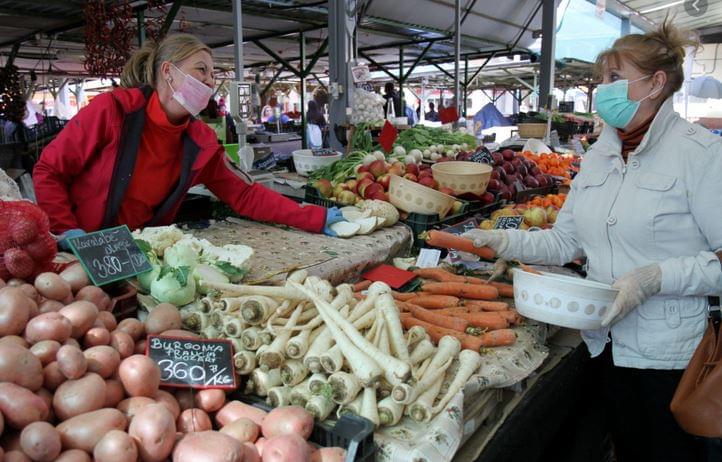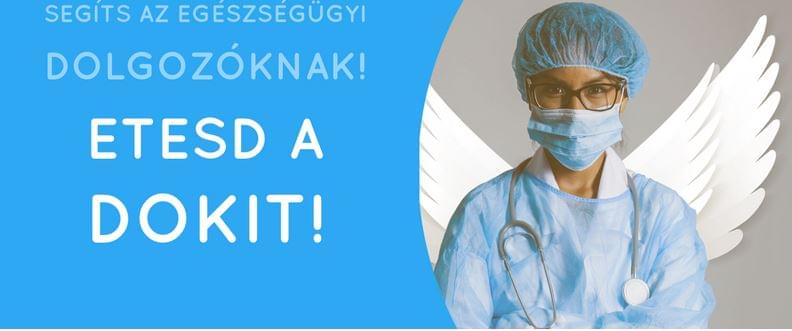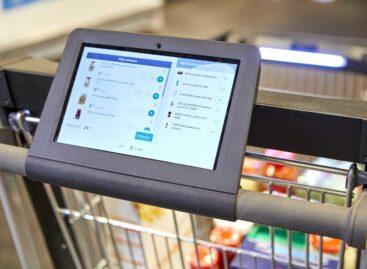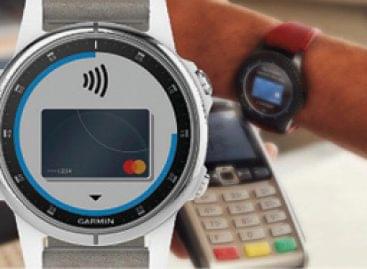Seven changing consumer behaviors
An abrupt shift in consumer attitudes has resulted in significant behavioral changes that have ramifications across the commerce landscape. In this new reality, a consumer-first orientation to solution development is key to acknowledging and addressing the experience evolution necessary for commercial success.

On 10. June Big Red Rooster (a JLL company) development company published a summary of changing consumer behaviour post COVID-19 on the Insight pages of Shop! HQ.
Localized consumption
The significant bonds currently being formed through shared experiences within families, neighborhoods, communities, and even states will change shopping behaviors and attitudes for many years to come. As consumers are finding unique ways to survive their shelter-in-place mandates, they’re increasingly turning to immediate family and neighbors for support and encouragement. Communities are banding together to support local businesses – ordering take out, delivery, and shopping online from Main Street stores as much as possible – while states rally around their leaders. An ingrained allegiance to buying from these concentric circles of influence will change the future landscape for small and large businesses alike.

Globally influenced decision making
The impact of the pandemic worldwide is generating shared experiences on a global level in ways not previously experienced by most generations. Broader awareness of our global interconnectedness – especially as it relates to our healthcare systems, financial institutions, government, national brands, and our global supply chain – is now influencing purchase decisions. In addition, as we continue to question the origins of the COVID-19 virus, many consumers will re-examine their relationship with Mother Earth. Intertwined will be a rediscovery of nature and an increased climate consciousness from a global perspective.
Confidence-based loyalty
The drivers of loyalty are evolving to focus on safety, dependability, and kindness – causing brands to think differently about the solutions they offer to consumers. Self-actualization is no longer the connection point as consumers focus more on the safety of themselves and their families as the top priority in their hierarchy of needs. The backlash to panic buying and related inventory instability will drive consumers to anchor themselves to established brands with dependable supply chains. Brands that can offer predictability in pickup and delivery timing and processes will be the mid-term winners. Consumers will turn to brands like Starbucks, Target, Walmart, and Costco who “do the right thing” authentically for both their consumers and their employees.

Discretionary spending
As we enter a recessionary environment for the short- to mid-term future, we expect a repeat of many behaviors that emerged after the 2008 financial crisis. New solutions for rental and sharing will continue to offset traditional behaviors around owning. Crowdsourcing of necessary investments to support start-up businesses and individual health needs will continue, with new methods of wealth distribution emerging. Discount retailers and private-label brands will also benefit from this financial conservatism while luxury brands will suffer significantly.
Protection of personal space
The pandemic is driving us to re-evaluate our physical closeness to other members of society. When we return to normalcy, our anxiety about invisible contagions will persist, resulting in a new definition of personal space and a change in our comfort level with physical closeness. Physical spaces will need to be re-thought to allow for a type of always-on social distancing that will become the new norm.
Contact avoidance
Measures to improve the sanitation of physical environments will be embraced as our awareness of personal hygiene is reaching unprecedented levels. Our interactions with people, products, and spaces are all happening with a self-preservation mindset. Quick trips, hands-free browsing behaviors, and contact-free solutions across the consumer journey must all be addressed.
Use of virtual
An abrupt switch to virtual solutions for shopping, education, socializing, and healthcare is forcing an ongoing behavioral evolution that will persist into the future. E-commerce growth will continue to dramatically outpace that of physical commerce, making understanding the unique role of the physical environment even more critical to brand ecosystems and success. Video conferences, livestreams, virtual clubs, and virtual beauty consultations will persist while telehealth and virtual visits become a healthcare expectation.

Related news
Tamás Éder: ham is no longer the star of Easter
The purchase and consumption of ham products in Hungary during…
Read more >Today even those consumers economise who didn’t do it last year
In April 2023 Publicis Groupe has commissioned Kantar Hoffmann with…
Read more >In 2023 the key to success can be category and channel level analysis
According to Tünde Turcsán, FMCG director of GfK, the Hungarian…
Read more >Related news
Hungary has plenty of work to do in the regional “long-distance running”
Based on the ten- and twenty-year trends – one of…
Read more >Consumers hate “dynamic pricing”.
In the past period, customers had to familiarize themselves with…
Read more >NGM State Secretary: the ESG Act strengthens the competitiveness of Hungarian businesses
The aim of the law defining the framework for responsible…
Read more >







